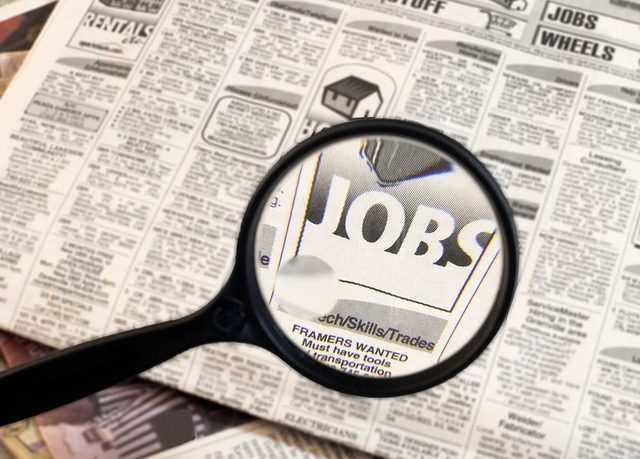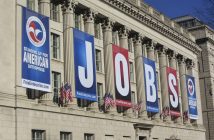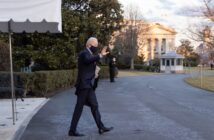American workers and college graduates have always received the short-end of the stick when it comes to competition with foreign workers, due to the fact that companies are able to convince foreign workers to accept lower pay, in exchange for access to U.S. labor markets. Now, during the coronavirus pandemic, American workers may be more even disadvantaged, with reports that citizen workers may be furloughed or fired before their non-immigrant-visa-holder colleagues.
Employers may be more likely to lay-off, or outright fire, American workers for fear of negating their foreign employee’s H-1B status. Chris Smith, the Co-founder and CEO of Kipsu, furloughed two-thirds of his team after the onset of the COVID crisis. However, he decided not to lay-off an H-1B visa holder who works for him, in order to help that worker keep his immigration status and continue earning a salary in the U.S. According to Smith, this was “to do right by the employee” and not to waste the time and money he put into obtaining his H-1B worker. (It’s curious that Mr. Smith seems to have had no concerns about “doing right by” his American employees.)
If an employer furloughs an American worker, that employee’s pay is suspended. However, that is not the case for an H-1B worker. According to 20 CFR § 655.731(c)(7), an American company is legally required to pay an H-1B employee the full wage specified in the visa application filed on behalf of that foreign worker. So even if the employer has to shutter his business during the coronavirus pandemic, the employer must fully compensate any H-1B worker for non-productive time. Meanwhile American counterparts are forced to collect unemployment insurance — which usually pays a considerably lower rate than normal wages. (This requirement is supposed to discourage employers from becoming reliant on foreign labor or privileging foreign workers over their American counterparts. Obviously, it hasn’t worked.)
Moreover, if a company terminates an H-1B visa holder, that foreign worker would either be required to leave the country or find a new employer willing to sponsor him/her. If the worker has a spouse or child on a dependent visa, then those family members would also need to leave the United States. Knowing this makes many employers reluctant to fire H-1B workers because they don’t want to place “undue hardship” upon them, nor do they want to have to spend the funds necessary to replace them at a later date. However, the same employers rarely seem to worry about the undue hardship imposed upon American workers, many of whom may have relocated within the U.S. to accept a job.
In essence, the entire system incentivizes employers to treat their foreign H-1B workers with more care and consideration than their American employees. And that simply isn’t acceptable during a pandemic crisis that has caused up to 16 million Americans to become jobless. If Congress learns just one lesson from the coronavirus pandemic, it should be that its primary responsibility is to protect the working Americans who drive the world’s greatest economy.




